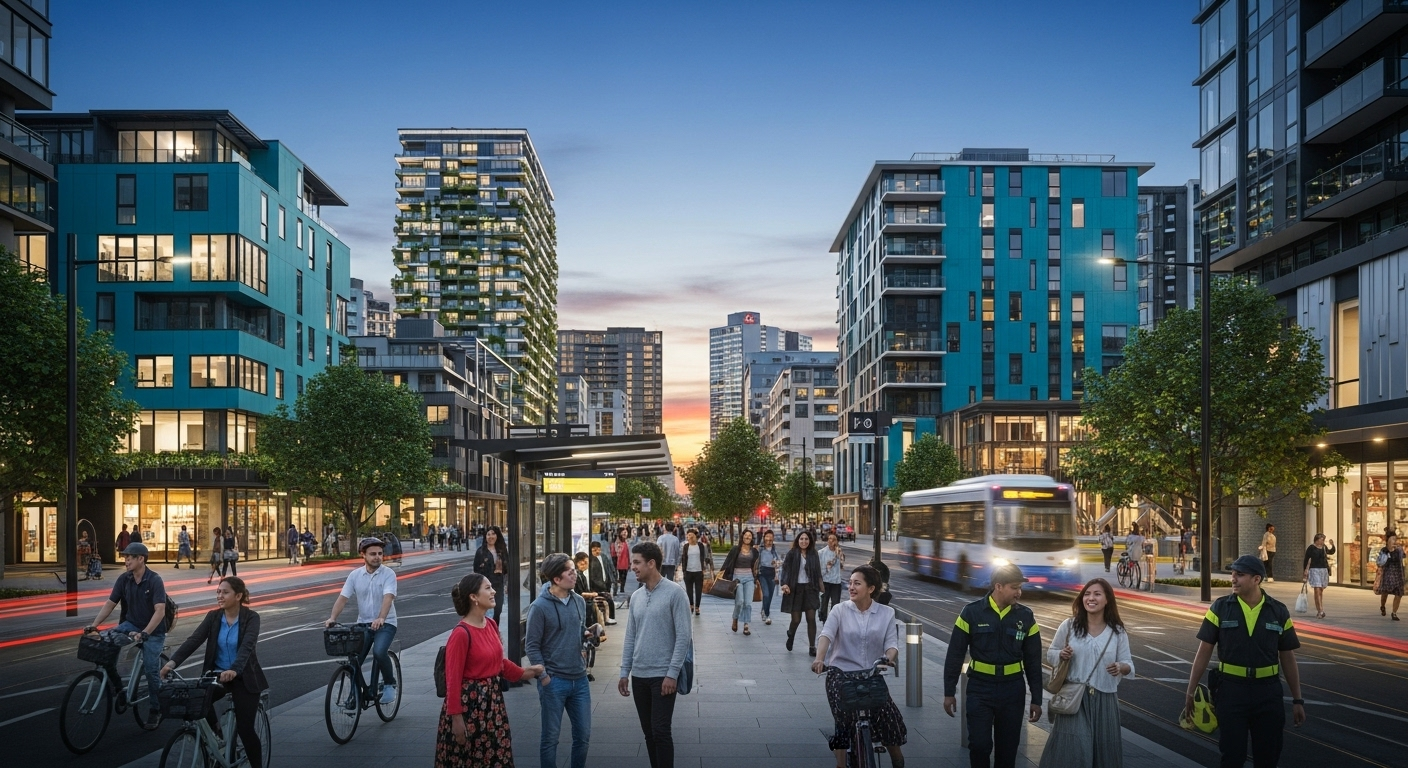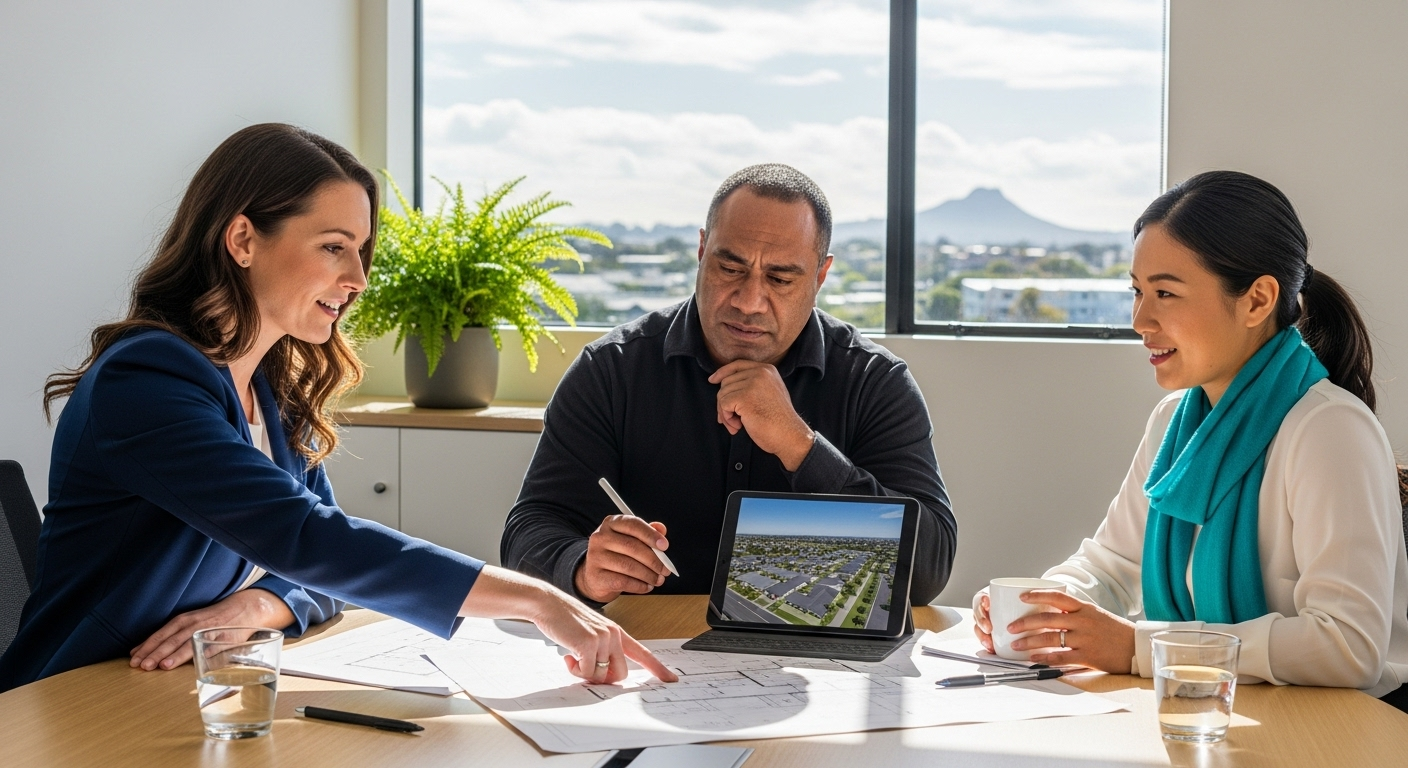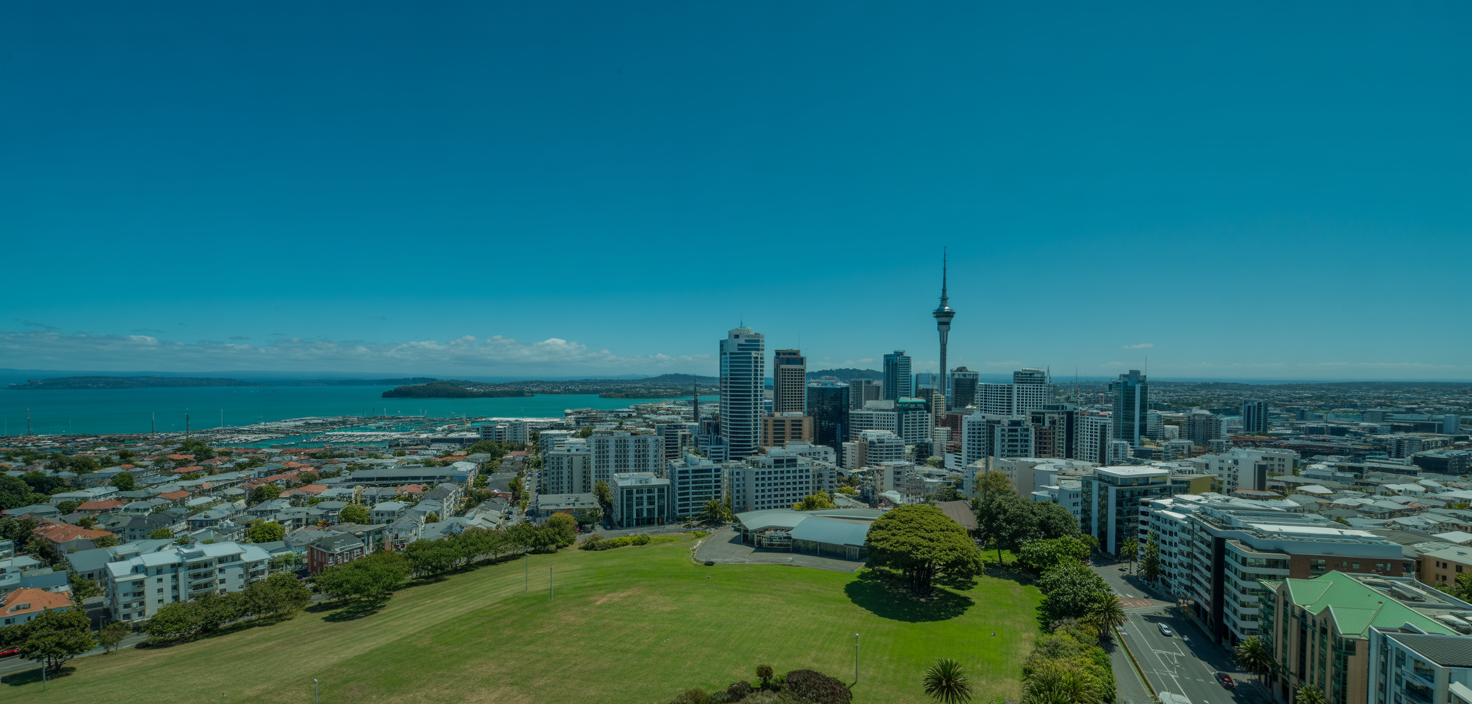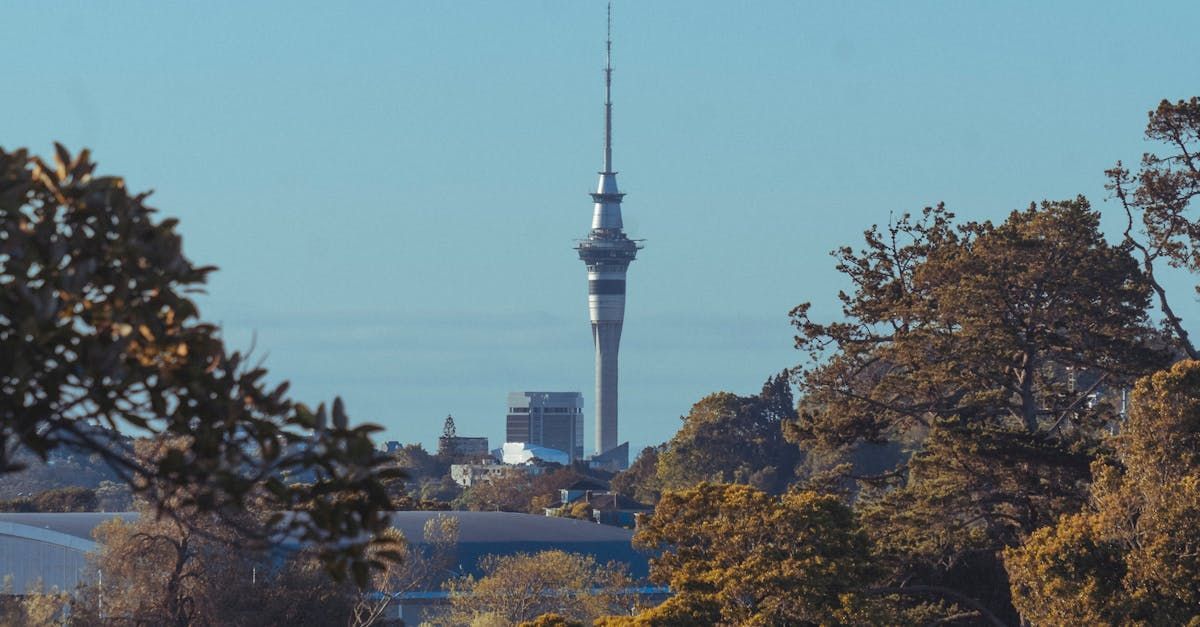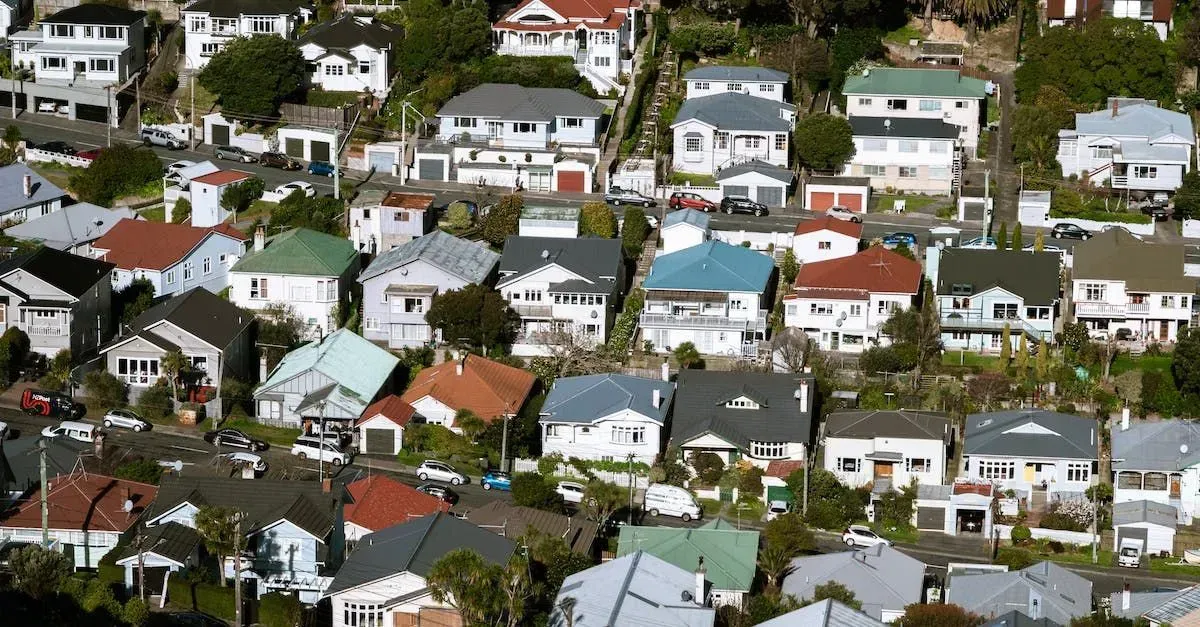Navigating Auckland's Resource Consent Maze: A Developer's Handbook
Resource Consents in Auckland: A Complete Guide
Key Takeaways
- A resource consent is official approval from Auckland Council to carry out an activity that isn't permitted as of right under the Auckland Unitary Plan.
- The main types of consent are Land Use, Subdivision, and Regional consents, each covering different aspects of development projects.
- The application process typically involves pre-application meetings, preparing an Assessment of Environmental Effects (AEE), and lodging your application with the council for review.
- Costs and timeframes can vary significantly based on project complexity, but expert guidance from a planning consultant can help manage both effectively.
- A well-prepared application is the single most important factor in achieving a smooth and timely approval, minimising delays and extra costs.
For developers, investors, and property owners, the resource consent process can seem like a maze of regulations and paperwork. But it doesn't have to be a barrier. Understanding the fundamentals of the system is the first step toward a successful project. This guide will demystify the resource consent process in Auckland, breaking down what you need to know to move your project from blueprint to reality.
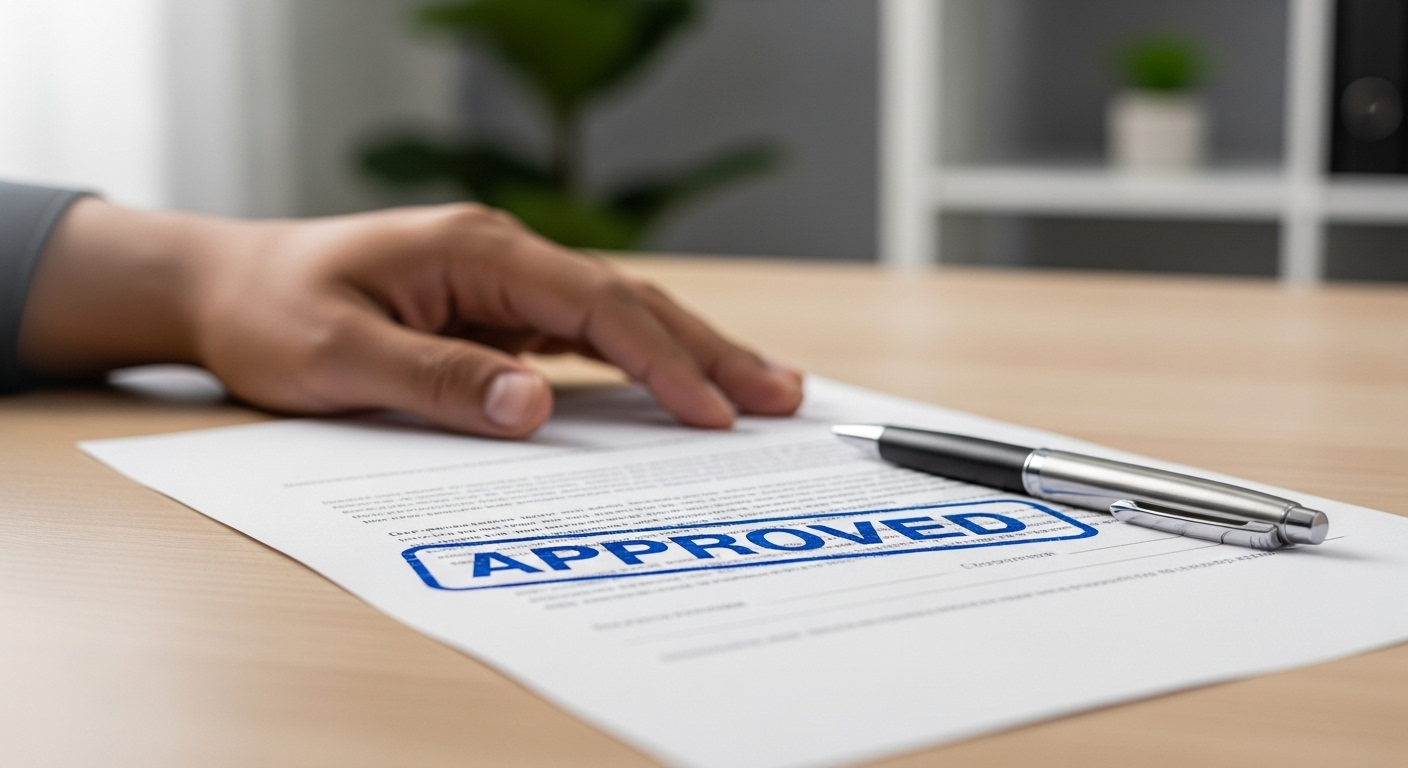
What Exactly Is a Resource Consent?
Think of a resource consent as official permission from Auckland Council to undertake an activity that isn't automatically allowed under the rules of the city's rule book, the Auckland Unitary Plan. These rules are established under a national framework called the Resource Management Act (RMA), which is designed to manage how we use New Zealand's natural and physical resources in a sustainable way.
It’s important to distinguish a resource consent from a building consent. A resource consent deals with the effects of your activity on the environment and the community—things like land use, noise, traffic, effects on neighbours, and the impact on natural resources. A building consent , on the other hand, relates to the construction itself, ensuring the proposed building work is safe, sound, and compliant with the Building Code.
These are often confused - approval of a building consent does not replace the need to obtain a resource consent and if you don’t have a resource consent your building consent will be “tagged” under s37, meaning you can’t start building works.
The Main Types of Resource Consent in Auckland
Resource consents aren't one-size-fits-all. They are categorised based on the type of activity you're proposing. While there can be overlap, most applications fall into one of three primary types.
Land Use Consent
This is one of the most common types of consent. You'll likely need a land use consent if your project doesn't comply with a rule in the Auckland Unitary Plan. This could involve anything from building closer to a boundary than permitted, constructing a new commercial building, or starting a business from your home that exceeds certain limits. As specialists in Auckland's planning landscape, we have extensive experience with all types of land development and resource consents in Auckland , guiding clients through the specific requirements of their unique projects.
Subdivision Consent
A subdivision consent is required whenever you plan to legally divide a parcel of land or a building into separate titles. This includes creating new vacant lots, converting a cross-lease title to a freehold title, or creating a unit title development for apartments or townhouses. The rules for subdivisions can be particularly complex, involving requirements for access, infrastructure like water and wastewater, and engineering approvals. To learn more about the specific requirements and processes, you can explore our detailed guide on subdivision consents.
Regional Consent
Regional consents are needed for activities that may affect the environment, such as our water, air, or land. Common triggers for a regional consent include undertaking significant earthworks, diverting or damming a stream, taking large amounts of water, or creating large impervious surfaces like car parks that increase stormwater runoff. These are considered regional consents because they manage activities that affect our shared natural resources, and require careful assessment to mitigate any adverse effects. These types of consent will often require the input of environmental specialists such as ecologists or coastal experts.
The Auckland Resource Consent Process: An Overview
Navigating the application process requires a structured approach. While every project is different, the journey generally follows a clear pathway from initial concept to final approval.
- Pre-Application Engagement: Before you even begin preparing resource consent documents, we highly recommend a pre-application meeting. This involves discussing your proposal with a council planner, often alongside your own planning consultant. It’s an invaluable opportunity to identify potential issues early, clarify requirements, and get an initial feel for the council’s position. Note that the Council has restricted what applications are eligible for a pre-application meeting. Check if you are eligible at this link.
- Preparing Your Application & AEE: The heart of your resource consent application is the Assessment of Environmental Effects (AEE). This comprehensive document details your proposed activity and assesses its potential effects on the environment—both positive and negative. It must demonstrate how you will avoid, remedy, or mitigate any adverse effects and why your proposal should be considered consistent with the objectives and policies of the Auckland Unitary Plan. Depending on the project, you may also need specialist reports from an engineer, traffic consultant, or surveyor to support your application. We can help you decide which other sub-consultants you’ll need.

- Lodging with Auckland Council: Once your application is complete, we lodge it with Auckland Council. The council will perform an initial check to confirm all the necessary documentation has been provided before they formally accept it for processing.
- Council Assessment & Decision: A council planner will then conduct a full assessment of your application against the Auckland Unitary Plan and the RMA. They may request further information (an RFI), which pauses the processing clock. The council will also decide if the application needs to be notified, meaning affected parties or the public are invited to make submissions. Notification of resource consents is rare, however there may be the need for negotiation and changes to the plans and reports as the resource consent makes its way through the process. The council will issue a decision to either grant or decline the consent. If granted, it will almost always come with a set of consent conditions you must comply with.
How Much Does Resource Consent Cost in Auckland?
The cost to obtain resource consent varies widely depending on the scale and complexity of your project. The final figure is made up of several components, including the council’s processing fees, the cost of hiring a planning consultant to prepare the application, and fees for any specialist reports required from sub-consultants.
Auckland Council requires a deposit to lodge your application, which covers the initial processing work. For example, for subdivision consents, this council deposit fee is typically between $2000 - $5000 for a standalone consent, rising to around $12,000 for a 'bundled consent' that includes a mixture of landuse, subdivision or regional permits . The final council fee will be based on the actual time their staff spend on your application, so a complex project that requires more detailed assessment will cost more. Investing in a well-prepared application upfront can save you money by minimising council processing time and avoiding costly delays. Council fees are always changing, so make sure you check out their website for the latest fees.
What is the Timeframe for Resource Consent in Auckland?
The statutory timeframe for Auckland Council to process a non-notified resource consent is 20 working days. However, this clock is often paused if the council requests further information, which is a common part of the process. For more complex or notified applications, the timeframe can be significantly longer.
Due to the volume of resource consents, the Auckland Council is routinely doubling these timeframes to 40 working days, so you should plan your projects based on this longer timeframe.
The key to a timely approval is submitting a high-quality, comprehensive application from the start. A proactive approach that anticipates the council’s questions and provides all the necessary information upfront gives you the best chance of a smooth process without unnecessary delay.
A good planner will advise you on what's needed to prepare a robust application, and recommend changes to your design, to minimise the risk of lengthy holdups.
Partner with an Expert to Navigate the Process
The resource consent process is a critical gateway for any development in Auckland. While the regulations are complex, they are not insurmountable. With a clear understanding of the requirements and the right expert advice, you can navigate the system with confidence.
At Urban Planning Consultants, our job is to provide that expertise.
We specialise in preparing resource consent applications and guiding our clients through every step, from initial strategy to final resource consent decision. We work to demystify the council’s requirements, manage the documentation, and provide professional advice for your project to give it the best chance of success. If you're ready to get your Auckland development project moving, get in touch with our team of planning consultants today. We're here to turn complex regulations into successful outcomes.




